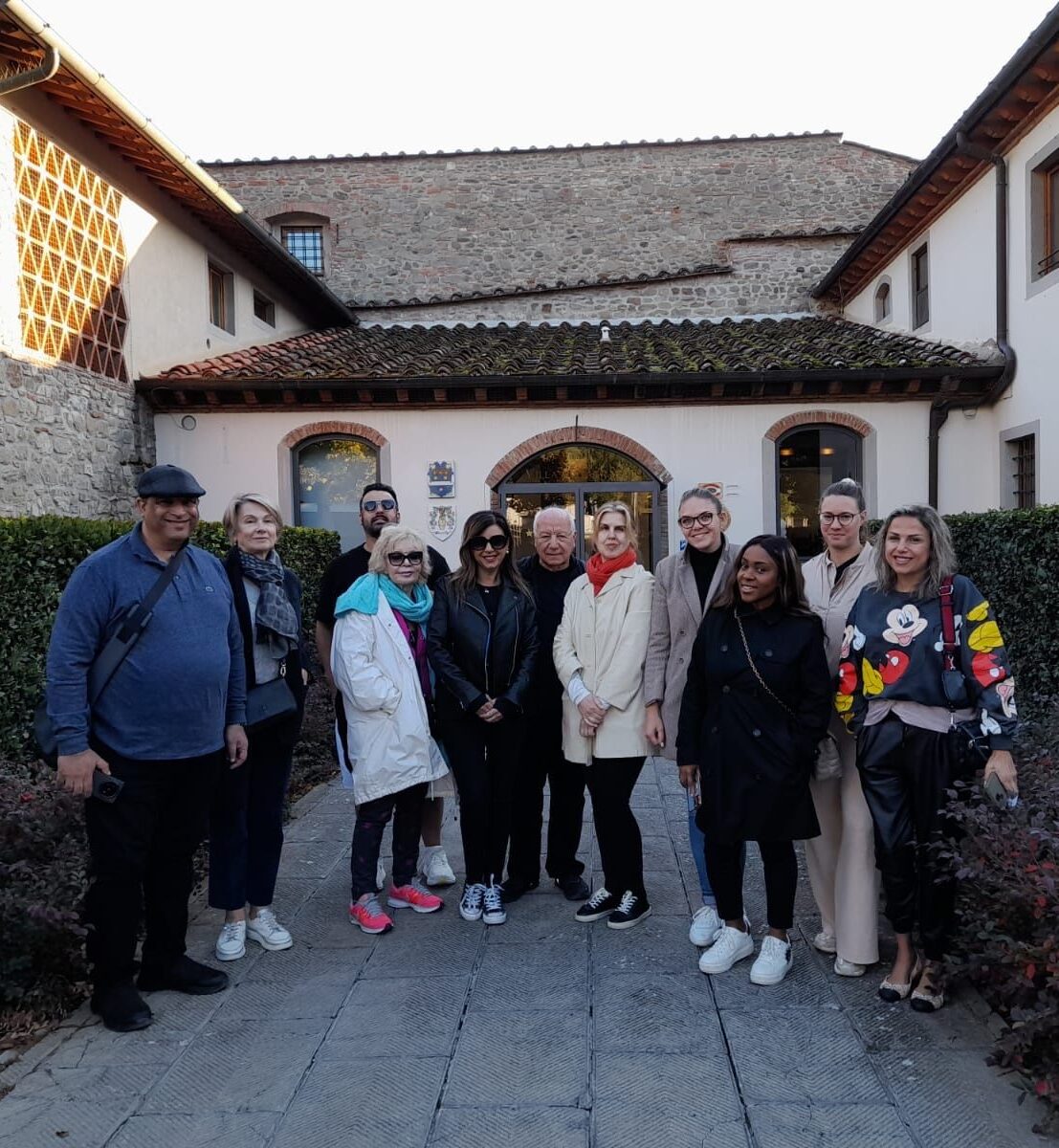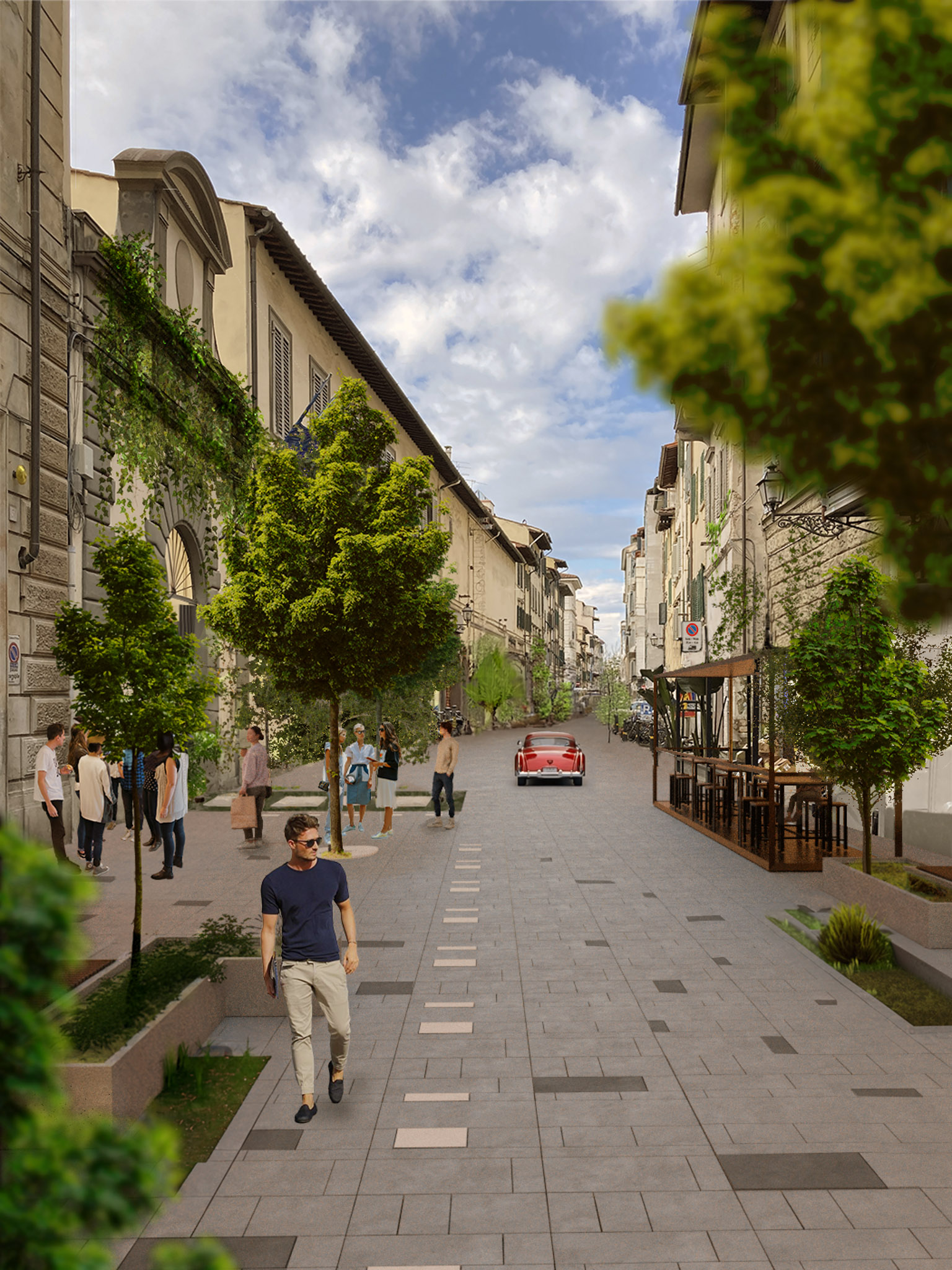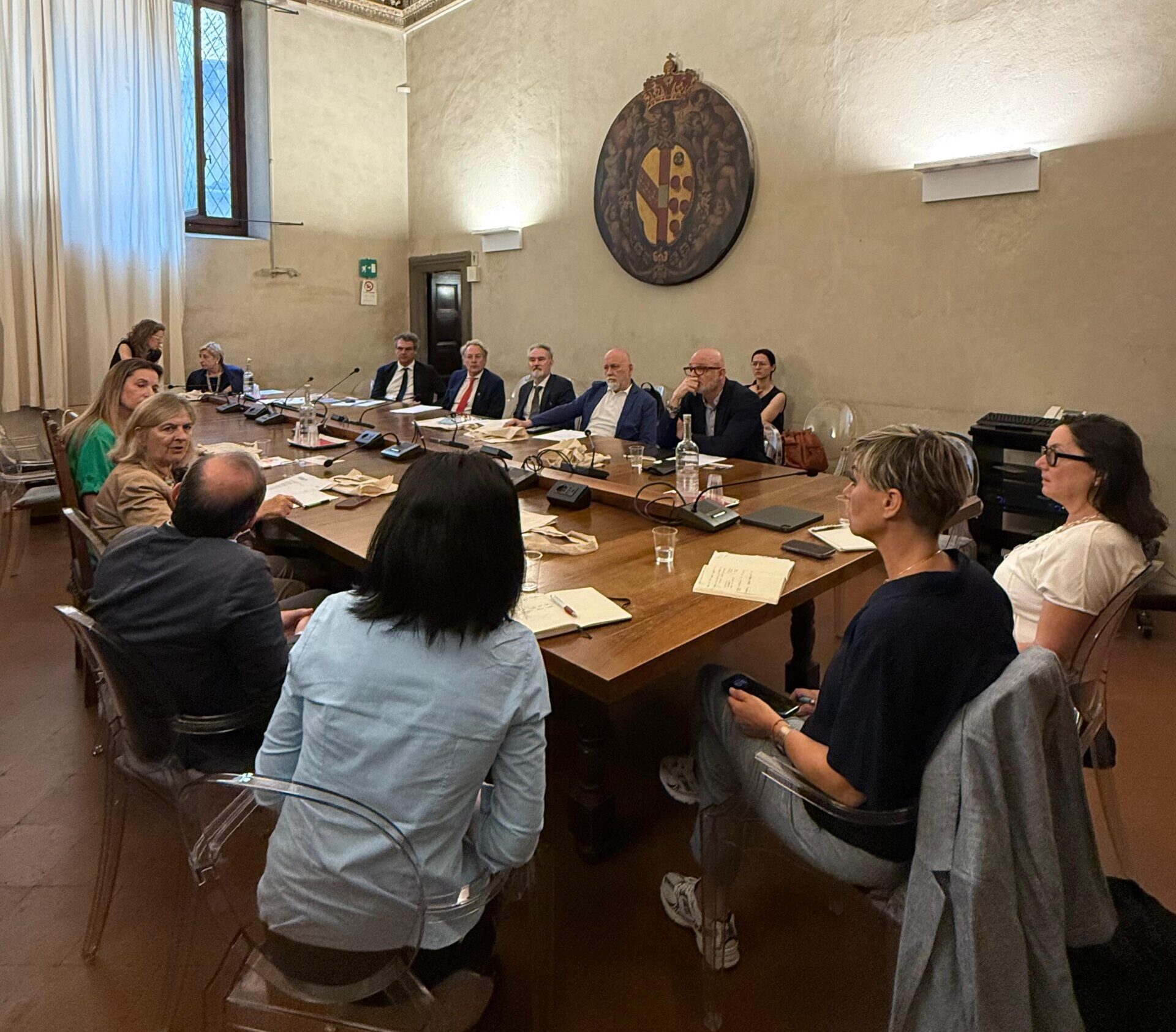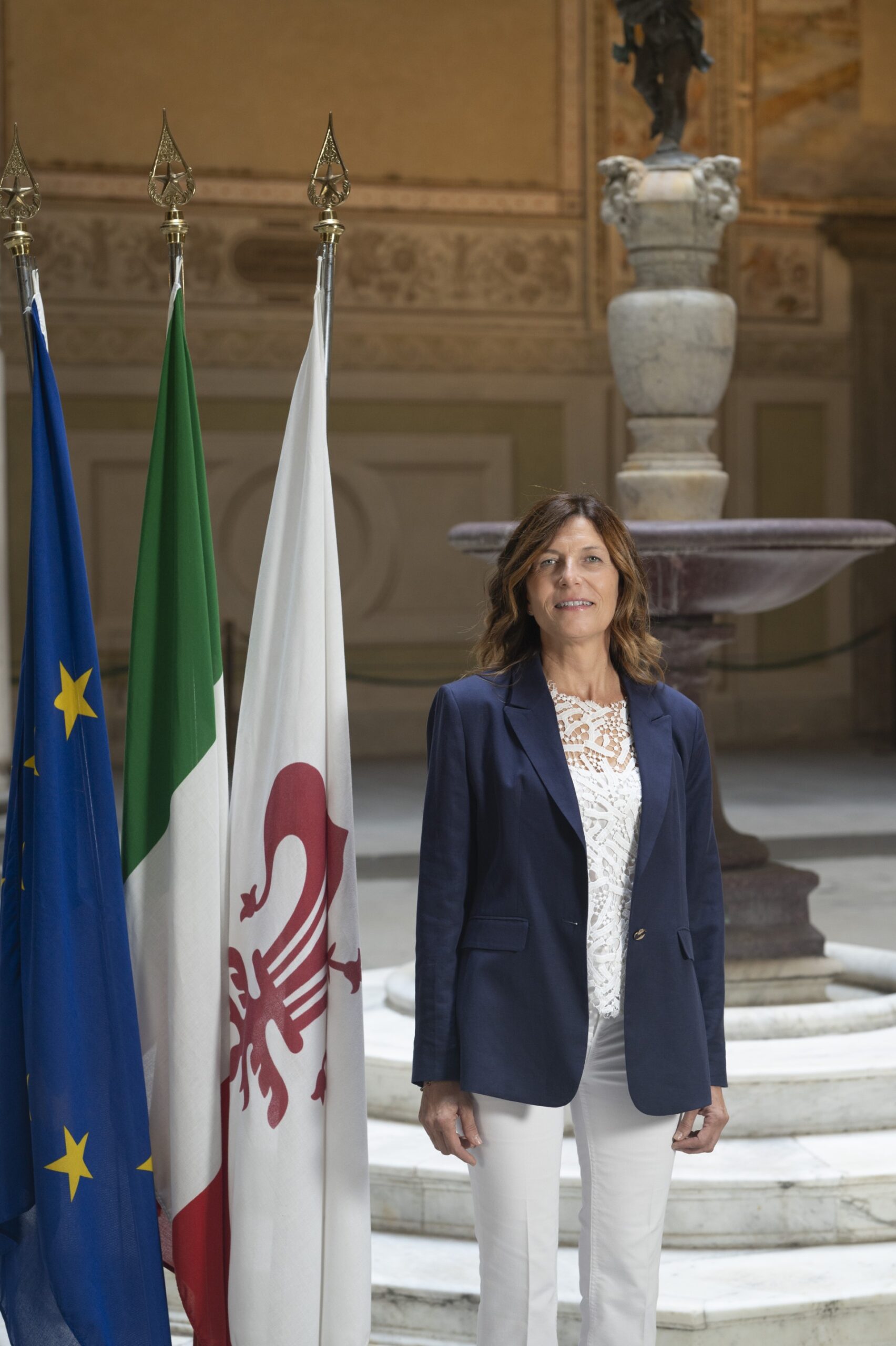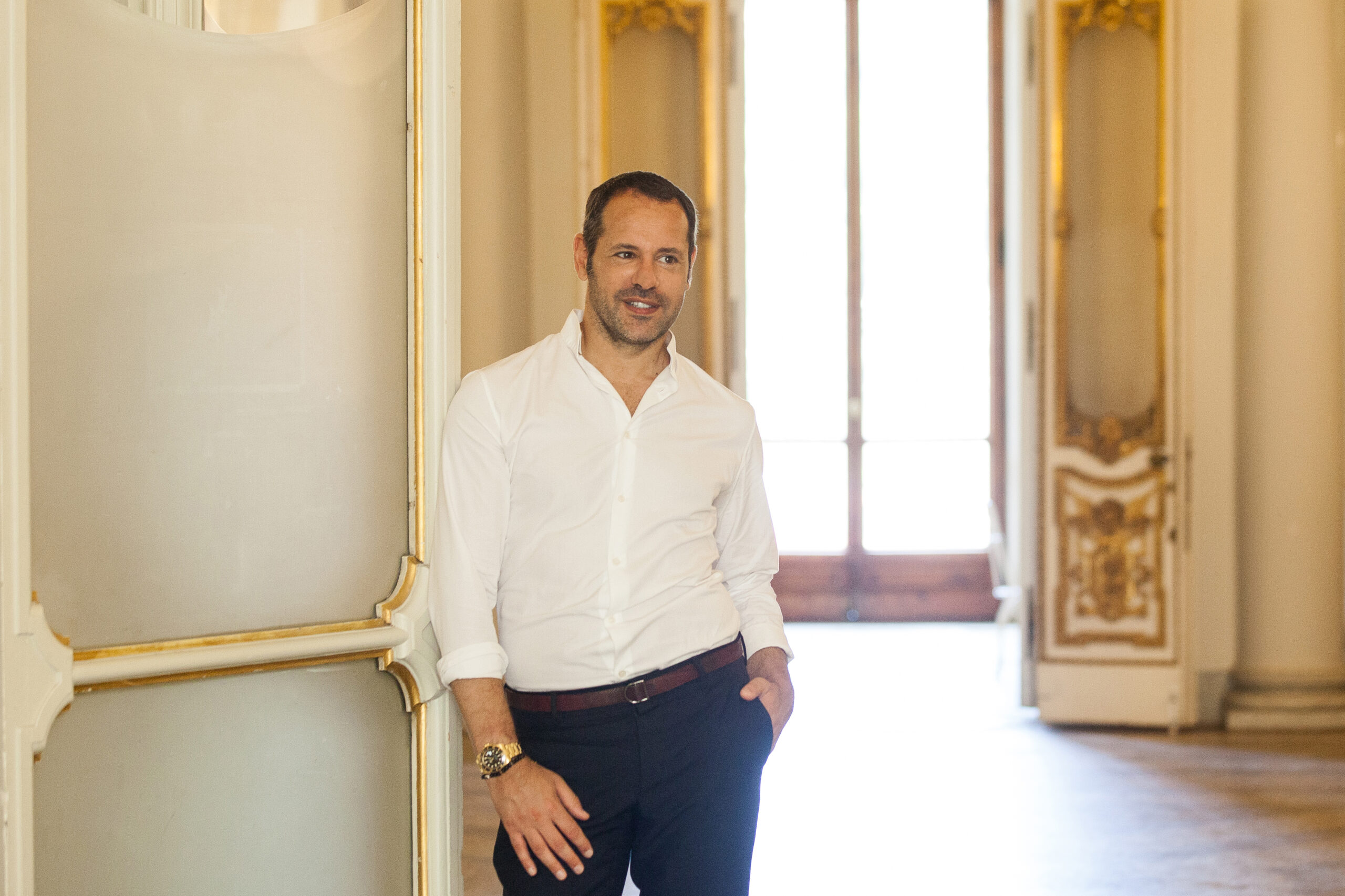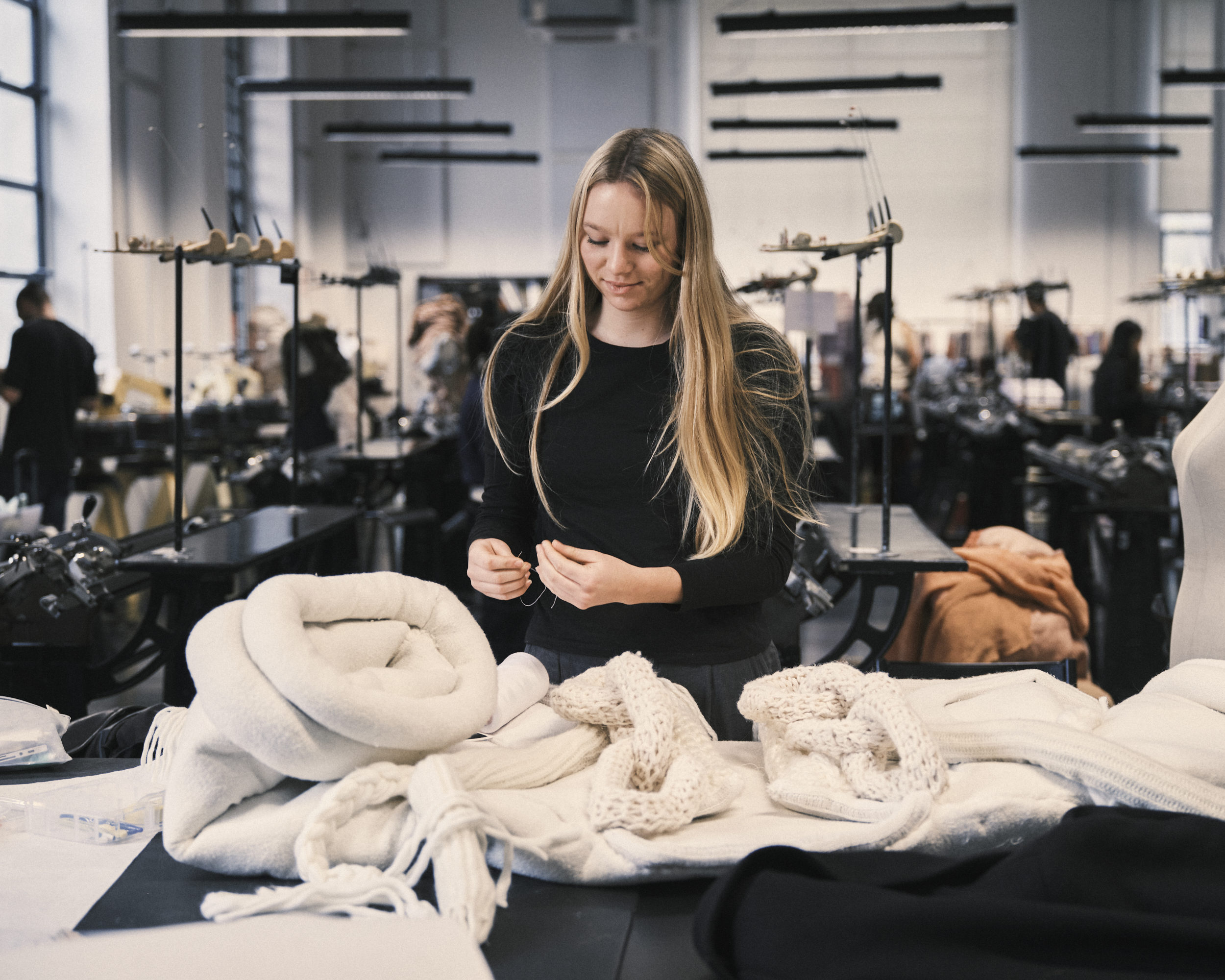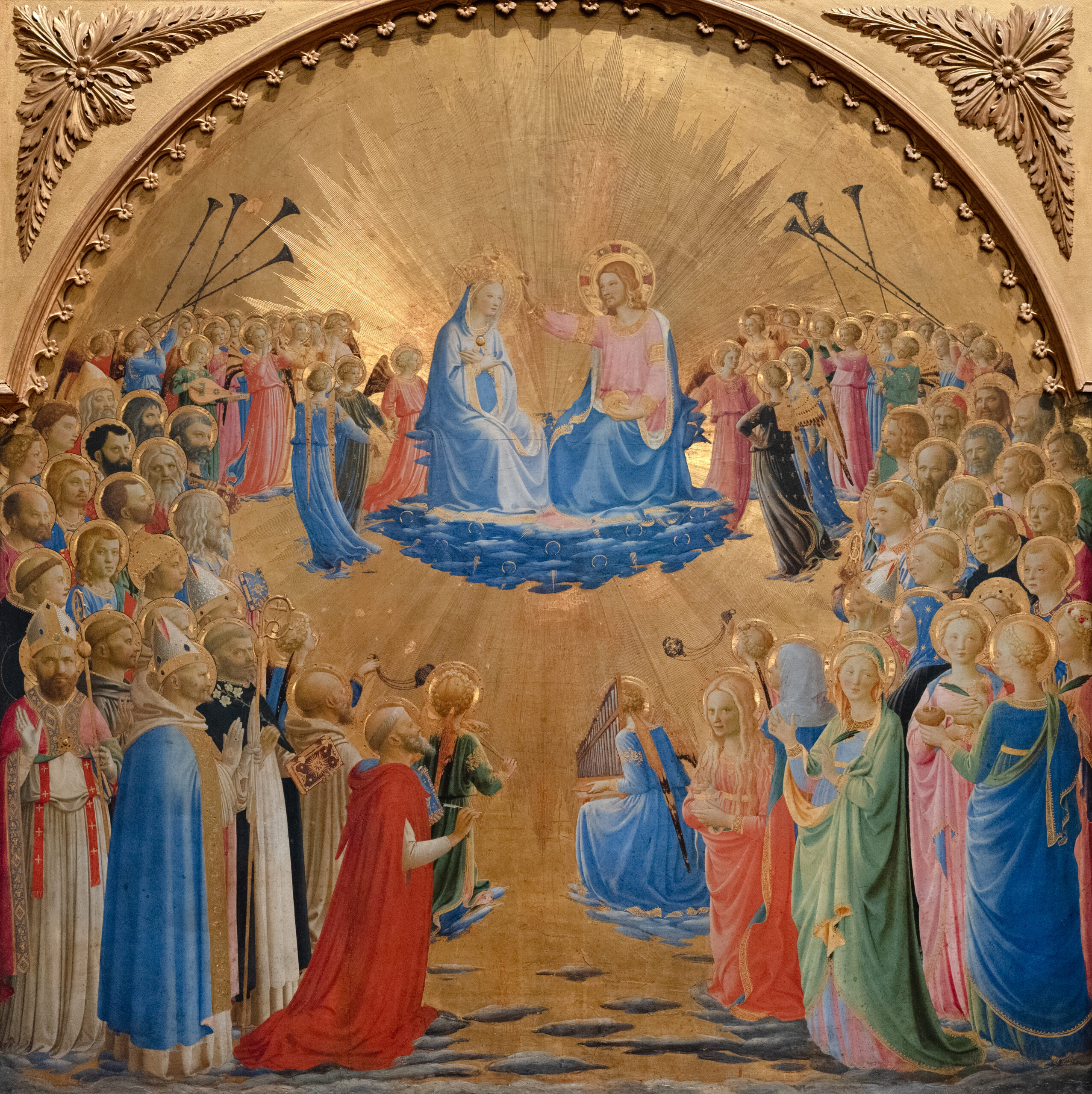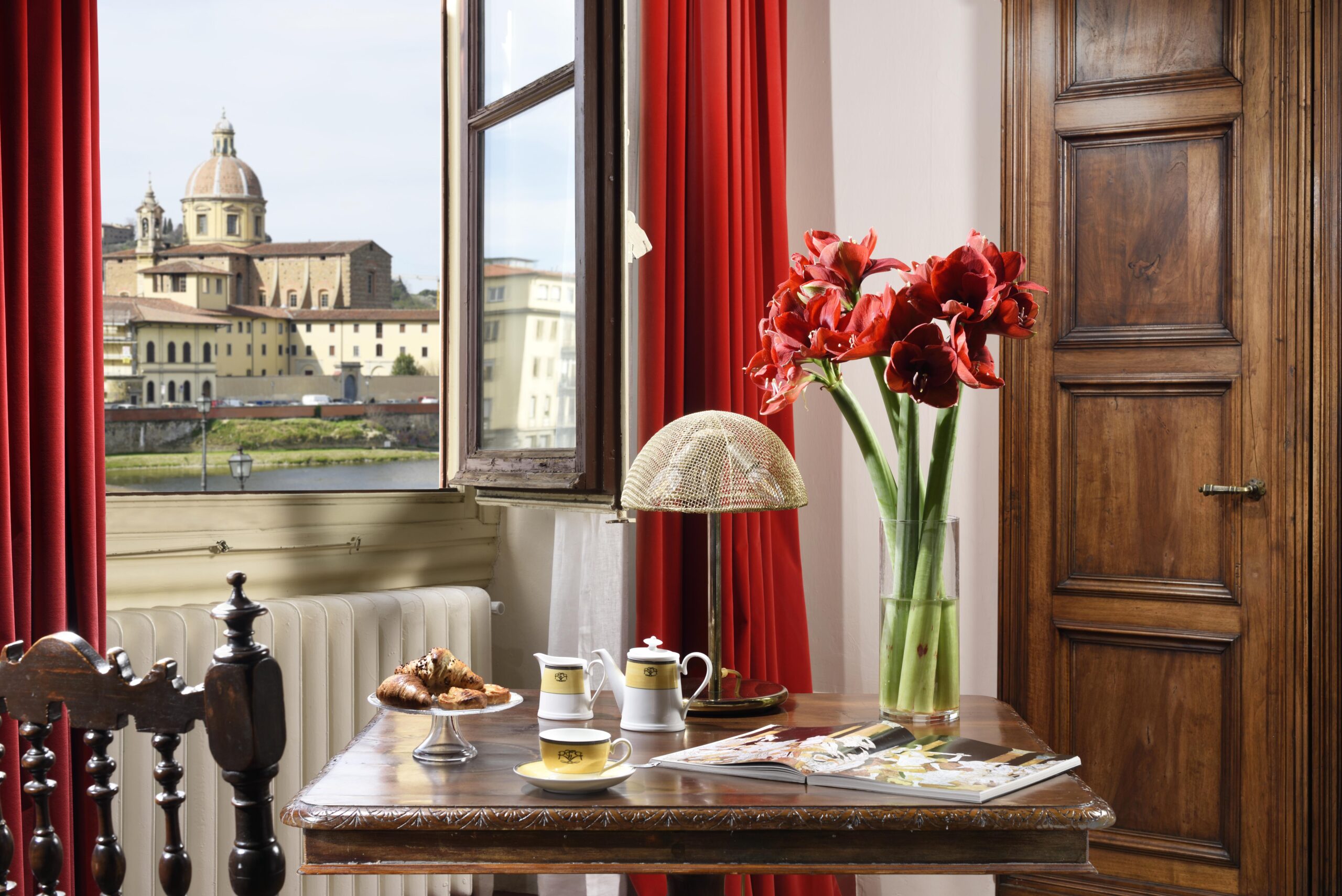What’s Polimoda’s role in the international fashion scene today?
Polimoda plays a crucial role. It blends creativity with anthropology, sociology, marketing and communication, looking at fashion in all its meanings in the belief that fashion is not simply clothes but a profound expression of the self. We also offer event management, art direction and costume design, giving newprospects for professional growth.
How do you reconcile Polimoda’s international vocation with the cultural and artisanal roots of Florence?
The idea 40 years ago to create an international fashion polytechnic in Florence stemmed from the city’s medieval roots. Important craft communities – such as those of tanners, weavers and dyers – allowed Florence to emerge as the capital of the Renaissance. It is this culture of know-how, which has been handed down over the centuries, that is the strength of Made in Italy. The combination of traditional craftsmanship and industrial innovation is inseparable. No other production centre in the world has the breadth and depth of Florence and its province. Exploring everything from fabrics, façon, accessories and tanning to metals and leather goods has made it possible to create a unique production hub with which the school is inextricably linked.
What are the most in-demand skills in the fashion world today, and how do you prepare a student to become a well-rounded professional?
Precise, specialized skills are highly sought after. On the one hand are digital skills, and by contrast, artisanal. The future will be increasingly hybrid, with the acute awareness that technology will support and improve the quality of craftsmanship, but that no machine, in fashion, can ever replace the ability to creatively problem solve.
